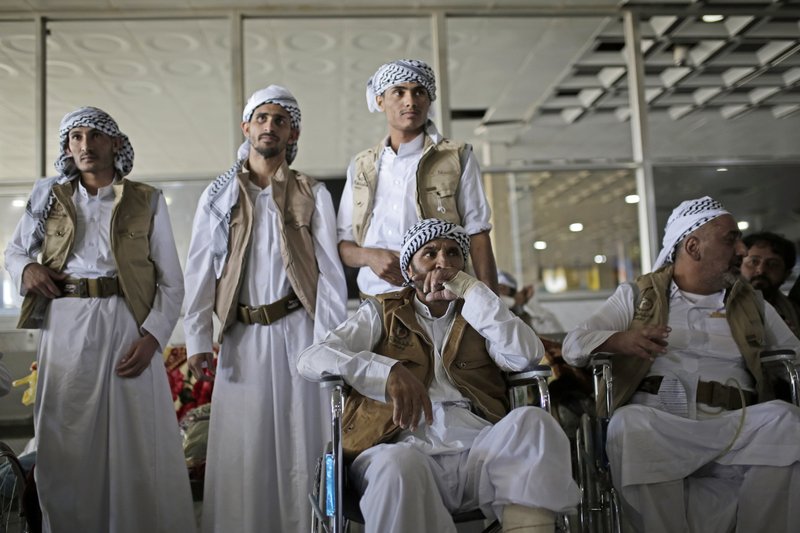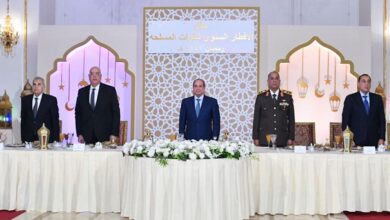
CAIRO (AP) — Another five years of fighting in Yemen would cost as much as $29 billion just to sustain the current level of humanitarian aid — more than the entire annual humanitarian budget globally — an international relief group said on Monday.
The war in Yemen has killed over 100,000 people and created the world’s worst humanitarian crisis, leaving millions suffering from food and medical care shortages.
The International Rescue Committee said in a report that 24 million Yemenis, or 80% of the population, need humanitarian aid and 16 million are living on the verge of famine. The war also caused the Yemeni economy to shrink by 50%, it said.
The group warned that with the current rate of aid, it would take 20 years to return Yemen to pre-conflict levels of child hunger.
“Today’s grim predictions are an insight into the colossal cost of the Age of Impunity: where wars are fought with a complete disregard for civilian life and neglected by diplomats charged with ending the violence and holding perpetrators of international law to account,” said David Miliband, president of the IRC.
He said that the Yemeni war has been prolonged by active military support and diplomatic cover from the U.S., U.K., and other Western powers.
The conflict in Yemen began with the 2014 takeover of the capital, Sanaa, by Iranian-backed Huthis who control much of the country’s north. A Saudi-led coalition allied with the internationally recognized government has been fighting the Houthi rebels since March 2015.
The group called has called on the U.S, Britain and France to pressure the warring parties into an immediate and countrywide ceasefire, and to return to inclusive, meaningful peace talks.
It said Dec. 2019 marks one year since a U.N.-brokered cease-fire in the port of Hodeida, the main passageway for aid imports and a lifeline for Huthi-controlled areas.
The agreement prevented massive humanitarian suffering in Hodeida, “but the agreement remains a localized effort,” it added.
The deal also included a prisoner swap, has yet to be fully implemented.
The IRC said the recent power-sharing agreement which ended weeks of infighting between the internationally recognized government and the southern separatists “offers hope for more inclusive peace talks.”
Saudi Arabia began holding indirect talks with the Huthis in Oman in September, after the Huthis claimed an attack on Saudi oil infrastructure that affected global energy supplies. The United States blamed the attack on Iran, which denied involvement.
The talks are focused on interim agreements, such as re-opening Yemen’s main international airport in Sanaa, which was shut down by the Saudi-led coalition in 2016.
Reporting by Samy Magdy
Image: Yemeni prisoners wait for their relatives during their arrival after being released by the Saudi-led coalition in the airport of Sanaa, Yemen, onThursday, Nov. 28, 2019. The International Committee of the Red Cross says over a hundred rebel prisoners released by the Saudi-led coalition have returned to Houthi-controlled territory in Yemen, a step toward a long-anticipated prisoner swap between the warring parties. (AP Photo/Hani Mohammed)




